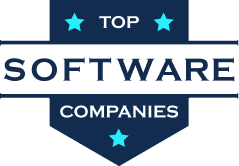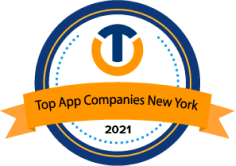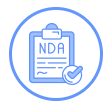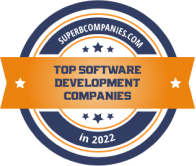Best Web Development Frameworks In 2019
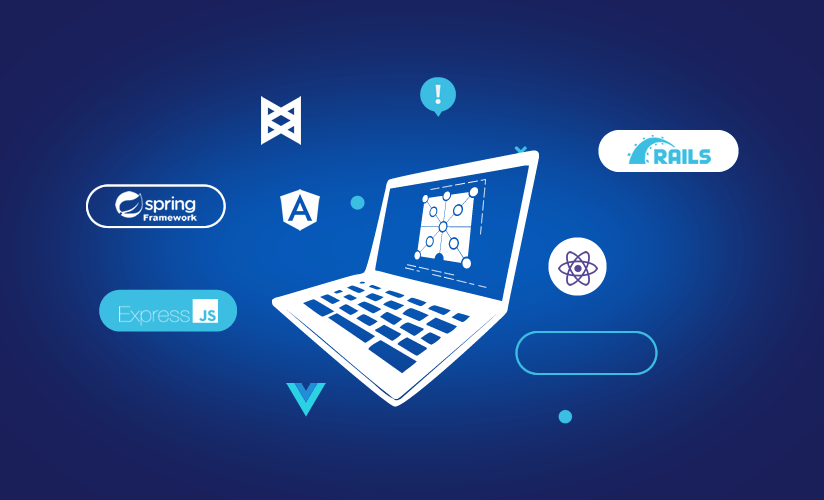
Frameworks have proven to be an indispensable part of the web development mix. As web application standards continue to rise, so does the complexity of the tech needed. However, it makes no sense to reinvent the wheel for such multifaceted technologies – that is if you can reinvent any of it. That is why using frameworks that have been endorsed by dozens and dozens of developers all around the world is one of the most sensible approaches when it comes to interactive and rich web application development.
Before moving any further, it is worth noting that web applications have both backends (the server side) and frontends (the client side). In this article, we will be discussing the top backend and frontend frameworks to use in 2019. Read on to learn more:
Backend Frameworks
From complete MVC frameworks to RESTful APIs, here is a look at some of the most authoritative backend frameworks in 2019.
Django
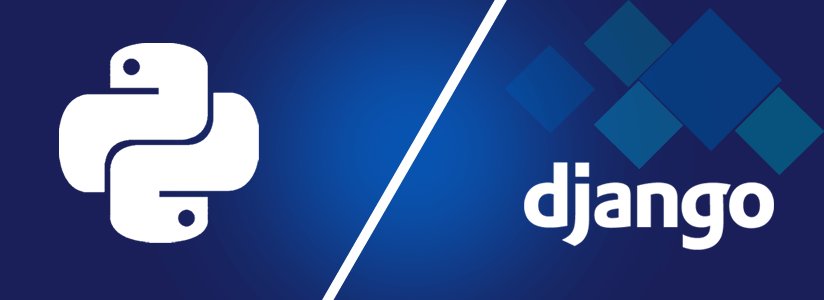
Django is a python-based MVT or Model View Template framework used for web development and is used by some of the biggest names in the industry, that includes Instagram, Google, and YouTube. The framework’s primary marketing centerpiece is its batteries-included feature – which is a group of elements like messaging and authentication – that comes bundled in it. It is worth noting that Django follows the DRY and the Convention Over Configuration patterns and security is one of the things that it puts a lot of focus on. To guarantee security, Django either implements security features like preventing code execution within template layers in its framework or provide developers with tools and techniques they can use to build a secure website.
Rails

Rails, on the other hand, is a Ruby-based Model View Controller framework and is quite popular amongst developers. It is used by industry leaders such as Shopify, GitHub, and Hulu and is a beginner-friendly framework. And while the fact that a lot is going on behind the scenes in Rails is debated over its pros and cons, the framework helps beginners start web developing with relative ease. Rails has many useful gems – library-like dependencies that extend an application’s functionalities and help developers develop more efficiently and much faster. However, it is worth noting that Rails-developed applications require some effort to deploy and run in production environments, and the framework’s learning curve can sometimes steep especially when you dive a little bit deeper into it to unravel the magic that keeps it running.
Express

Thanks to Node.js’ skyrocketing popularity, Express has become a trending web development framework. Express is used by the likes of Uber, Accenture, and IBM and in other frameworks like Loopback, Kraken, and Sails. The framework prides itself as a fast, un-opinionated, and minimal framework considering that it provides some crucial framework functionalities without obscuring Node’s features while leveraging Node.js’ powerful performance. The framework is also quite elastic and supports both REST APIs and full applications. One of the framework’s main drawbacks is that it does not provide a defined way of how to get things done, at least for beginners.
Spring

Spring is a Java-based Model View Controller framework and is used by websites such as BillGuard, Wix, and TicketMaster. The framework possesses many sister projects that enhance its performance and allow developers to scale their organizations easily. Many web developers love this framework because it uses Java – one of the most common coding languages. However, if you do not know Java, the learning curve can be quite steep.
Frontend Frameworks
Angular

This frontend framework’s focus is on building packed Single-Page applications. This rich framework makes it easy for AngularJS developers to create client-side applications, and there is so much to learn and do in it. Angular 1.x initially used JavaScript before adopting Typescript – a superset of JavaScript – in later releases. However, it is considerably much bigger than other frameworks and isn’t that SEO-friendly, but it can still be optimized. The framework was developed by Google and is used by companies like PayPal, Microsoft, and Google itself.
Vue

The latest rising star, Vue.js was started as a singular project but quickly grew to become one of the most popular JavaScript frameworks available today. There are so many cool things about Vue. The framework is so progressive that it even allows existing projects to adopt it, and things will still work without a hitch. Vue also comes with a component architecture, and its ecosystem can help developers build complete frontend applications.
Backbone

Backbone is a super lightweight frontend framework suitable for building rich Single-Page web applications. The framework follows a Model View pattern and partially implements the Model View Controller design. It is worth noting that this framework has only one core dependency, the Underscore Library and its ecosystem is so rich, that when added to Marionette and Mustache, it can allow developers to build complete client-side apps.
React

React isn’t a framework but a frontend library. However, a lot of a ReactJS developers consider it to be a framework, and it is usually compared in this context. This frontend library was the first to take on the component-based architecture that Vue and Singular and other adopted later on. Its dom makes dom manipulation simpler and much faster. Thanks to JSX syntax it uses, React is quite easy to pick up. It is worth noting that React can be used on both the client side or the server side. The library was developed and is being maintained by Facebook and is used by Instagram and Facebook.
The frameworks reviewed here are all flexible and are designed to cater to a variety of projects. A majority of these frameworks have substantially large communities, and with the number of developers out there being quite high, it shouldn’t be that hard to find a specialist to help you with your project.
All of these frameworks are great; however, it is good to ask yourself one question – which of these web frameworks will best suit my project? The answer to this question will depend on your project requirements and your needs. So, take the time to consider each framework’s benefits and cons if you want to have an easier time choosing one that’ll save you both money and time in the long run.
We’re honored to mention that our efforts have been recognized by renowned B2B review and research platforms such as GoodFirms, Clutch, MirrorView, and many more.
Your search for expert developers ends here! Hire software developers from a software development company that guarantees top-notch results.
Similar Posts
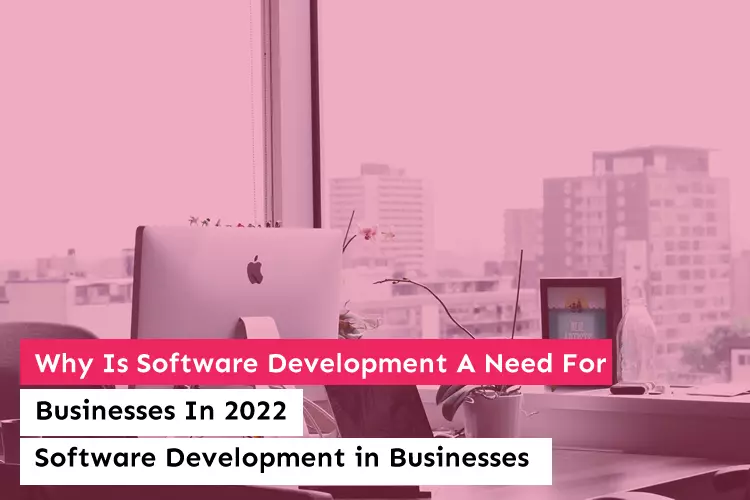
Why Is Software Development A Need For Businesses In 2022
Take a look everywhere you go, we’re all inundated by software. From basic mobile apps to sophisticated operating systems, everywhere is a type of software. In the last few years, the amount of people who use smartphones and computers has significantly increased. Statistics from the year 2019 indicate that there are a total number of […]...
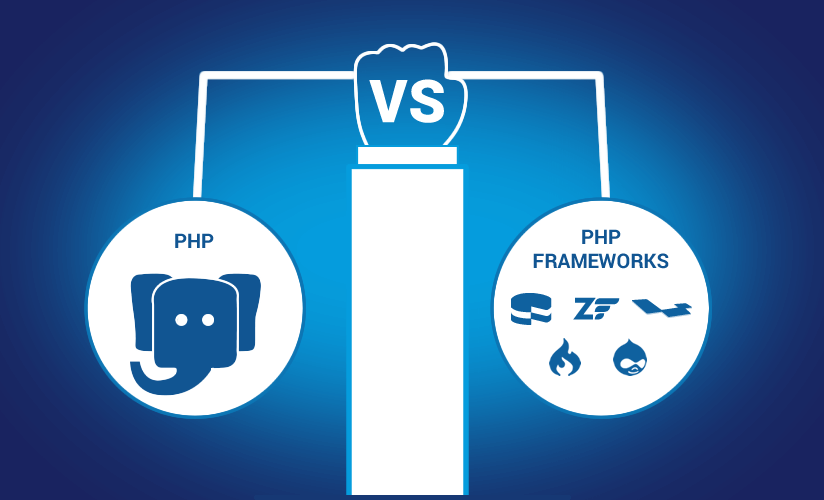
Core PHP vs PHP Frameworks
PHP has been a cornerstone of web development for a long time. The LAMP stack (Linux, Apache, MySQL, and PHP) is still a frequently used part of web development, and it is something that people tend to learn in computing courses in college. Today, there are many other frameworks that web applications can be built […]...

11 Helpful Tips to Design a Logo for Your Ecommerce Website
In the vast landscape of ecommerce, where digital storefronts abound and competition is fierce, the significance of a well-designed logo cannot be overstated. Your logo serves as the visual cornerstone of your brand identity, the emblem that encapsulates the essence of your business and resonates with your target audience. As the gateway to your ecommerce […]...


